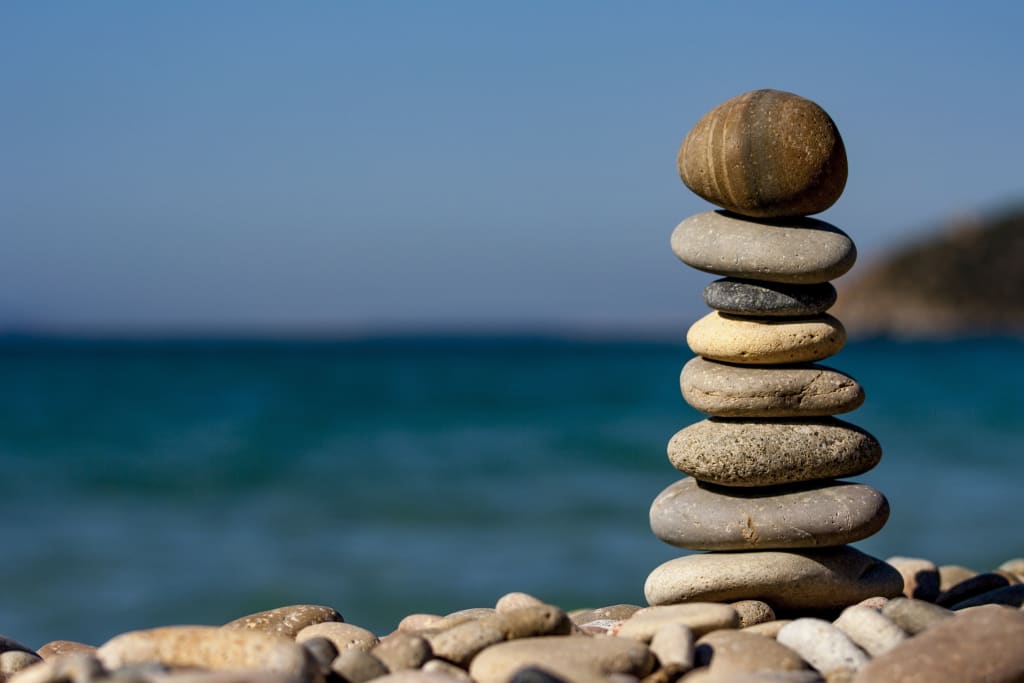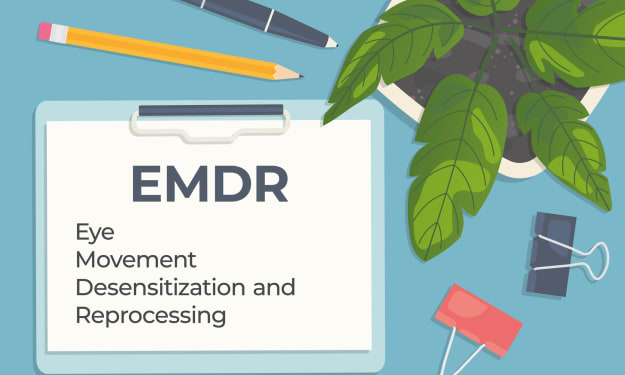Striking the Balance: The Art of Achieving Balance in Life
"Harmony in Motion: Unlocking the Secrets to Achieving Balance in Life"

In the fast-paced and demanding world we live in, finding balance has become an elusive pursuit for many individuals. Achieving balance in life is not just about managing time; it encompasses harmony among various aspects of one's life, including work, family, personal development, and well-being. Striking this equilibrium can lead to increased happiness, reduced stress, and enhanced overall well-being. This essay explores key strategies to achieve balance in a person's life.
1. Prioritize Goals and Values:
The first step in attaining balance is to identify and prioritize personal goals and values. Reflect on what truly matters in life, whether it's family, career growth, health, or personal passions. Once priorities are clear, align daily actions with these values. Avoid spreading oneself too thin by taking on commitments that do not resonate with one's core values, as this can lead to a sense of imbalance and dissatisfaction.
2. Set Boundaries:
Establishing boundaries is crucial in maintaining a balanced life. Learn to say "no" to additional commitments when necessary, without guilt. Respect personal time and protect it from excessive demands. By setting boundaries in both personal and professional spheres, individuals can prevent burnout and maintain energy for the things that truly matter.
3. Practice Time Management:
Time management plays a pivotal role in achieving balance. Utilize tools like calendars, to-do lists, and scheduling techniques to optimize productivity and create time for important activities. Prioritize tasks based on urgency and impact, ensuring that essential responsibilities are not overlooked while allowing time for relaxation and self-care.
4. Embrace Work-Life Integration:
Rather than striving for a strict work-life balance, consider embracing work-life integration. This approach involves finding synergy between work and personal life, allowing for flexibility and harmony. Incorporate enjoyable activities into the workday and stay connected with loved ones during breaks. By integrating work and personal life in a healthy way, individuals can reduce stress and achieve a sense of completeness in their daily routines.
5. Practice Self-Care:
Self-care is not a luxury; it is a necessity for achieving balance. Make time for activities that promote physical, mental, and emotional well-being, such as exercise, meditation, hobbies, or spending time with loved ones. Taking care of oneself enhances resilience, reduces stress, and boosts overall happiness.
6. Seek Support and Delegate:
No one can achieve balance in isolation. Seek support from family, friends, or colleagues when needed. Delegate tasks whenever possible, both at work and in personal life, to avoid feeling overwhelmed. Accepting help is not a sign of weakness but a step towards creating a more balanced and sustainable lifestyle.
7. Learn to Adapt:
Life is full of uncertainties, and maintaining balance often requires flexibility and adaptability. Embrace change and develop a growth mindset to navigate challenges successfully. By learning to adapt, individuals can maintain balance even during turbulent times.
Achieving balance in life is a continual journey that requires self-awareness, conscious choices, and a commitment to personal well-being. By prioritizing goals, setting boundaries, practicing effective time management, embracing work-life integration, and focusing on self-care, individuals can create a harmonious and fulfilling life. Remember, balance is not about perfection but about finding equilibrium amidst the ever-changing rhythms of life.
8. Cultivate Gratitude:
Gratitude is a powerful tool in achieving and maintaining balance in life. Take time each day to express gratitude for the positive aspects of life, both big and small. Gratefulness fosters a positive mindset and helps individuals appreciate the blessings amidst challenges. When facing difficulties, focusing on what one is grateful for can provide a sense of perspective and resilience.
9. Embrace Mindfulness:
Practicing mindfulness is a valuable way to stay present and grounded in the midst of life's demands. Mindfulness involves being fully aware of the present moment without judgment. By incorporating mindfulness techniques such as meditation, deep breathing, or simply being fully present in daily activities, individuals can reduce stress, enhance focus, and connect more deeply with themselves and their surroundings.
In conclusion, achieving balance is a dynamic and ongoing process that requires intentional efforts and self-awareness. By incorporating the strategies of prioritizing goals and values, setting boundaries, practicing time management, embracing work-life integration, practicing self-care, seeking support and delegation, learning to adapt, cultivating gratitude, and embracing mindfulness, individuals can create a life that encompasses harmony, fulfillment, and well-being. Remember that achieving balance is not about perfection; it is about making conscious choices and adjustments to find equilibrium in the ebb and flow of life's challenges and joys.
About the Creator
Armando Rios
Welcome to my channel! My name is Armando, and I'm here to share topics that make a difference in people's physical and mental health. I provide solutions and insights to help improve your overall well-being.






Comments
There are no comments for this story
Be the first to respond and start the conversation.